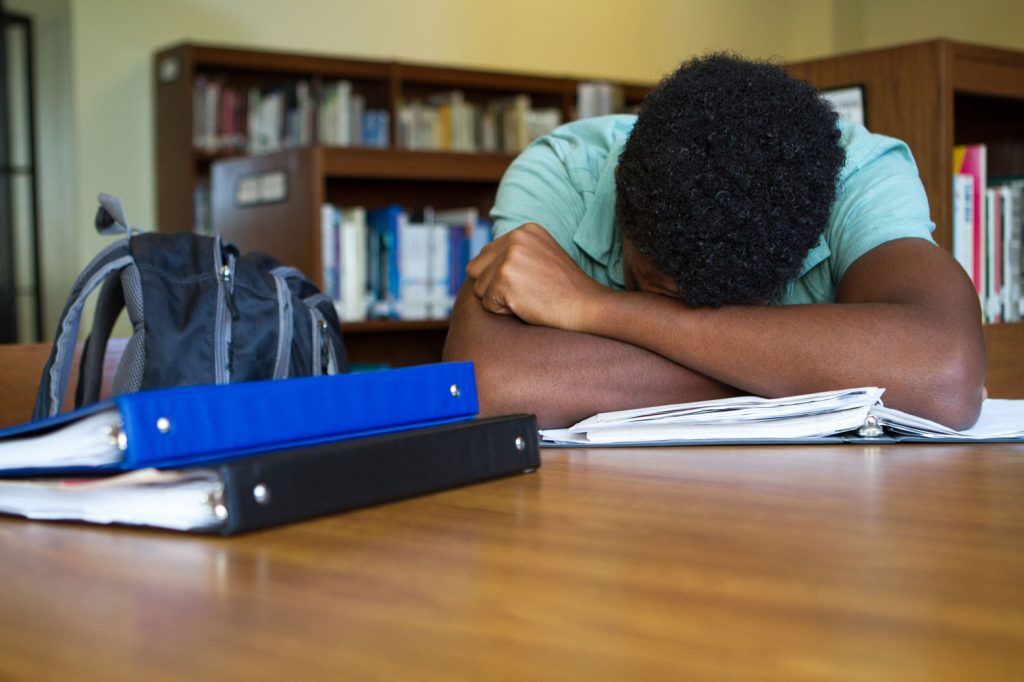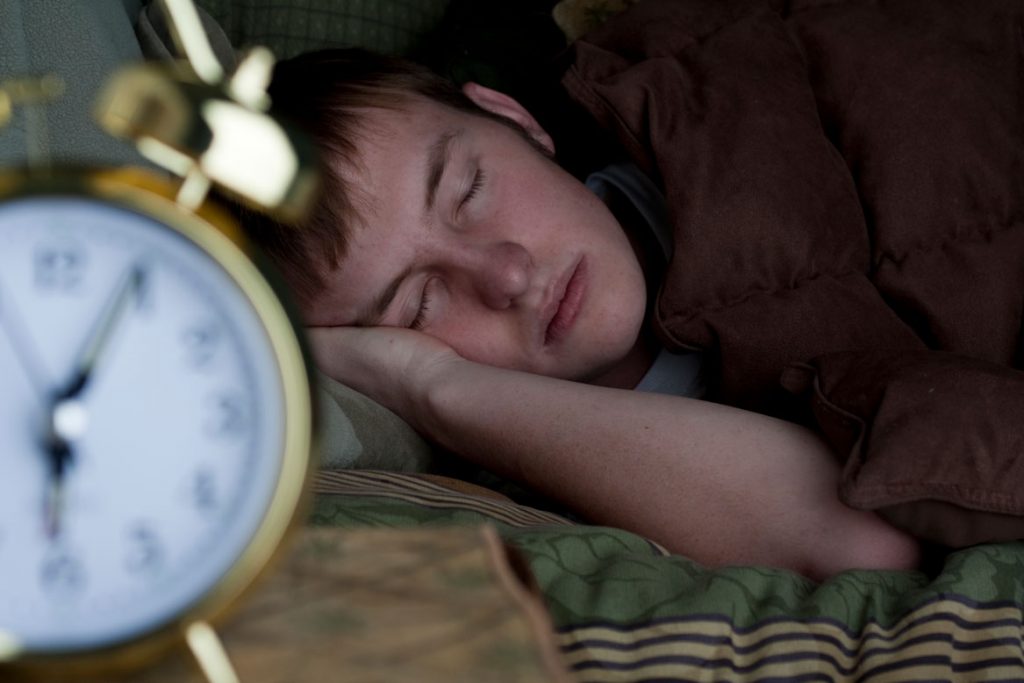Your studies should be a top priority for you but there’s one priority that is more important – and it will be the most important priority throughout your life: You!
In this blog post, we explore the importance of having a good balance between studying and relaxing and how to juggle everything you have going on in your life effectively. In a previous blog post, we wrote about how to set up a study timetable for your exam revision. In that post, we discussed setting aside time for relaxation and socialising, as well as time for exercising.
Stress is unavoidable. However, too much stress and stress over a long period of time can have a really negative effect on your health and wellbeing. It can also have a negative effect on your marks! Stress can make it difficult to concentrate, affect your sleep and it could lead to depression and anxiety.

It’s very important that you learn how to balance your studies with fun and relaxation so that you can keep your mind and body in tip-top health.
Being able to manage your time so that you have a balanced life is a life skill that will serve you well long after high school.
Get some sleep

Start with the knowledge that a good night’s sleep is essential for optimal health. Sleep can also have a positive effect on your ability to study harder and remember what you’ve learnt. Don’t be tempted to skip sleep for too many nights in a row. A refreshed and relaxed mind is much better able to manage stress.
Teenagers need between 8 and 10 hours of sleep per night. You should try to go to sleep and wake up at the same time every night and morning.
TIP: If you are struggling to fall asleep, try cutting out caffeine (found in coffee, some teas and even chocolate). If you can’t sleep because you feel stressed, then try writing a to-do list for the next day before bed. This can help to put aside your anxiety for the evening because you know that you will deal with it in the morning.
Exercise – not only for your body, for your mind too

Not only is some form of daily exercise good for your health, it can also help to alleviate anxiety and stress. For many people, exercise is the first thing that gets cancelled when life gets busy. Try not to do this: it’s only 30 minutes to an hour out of your day. In fact, the break might make your studying more effective, and you’ll certainly feel better.
Find a type of exercise that you enjoy. It can be as simple as a 30-minute walk, or it can be an hour-long jog. If you have a gym membership, try out the different classes to see what you enjoy. Most gyms will have yoga classes if you prefer a slower pace, or you could do a fun dance/aerobics class like Zumba.
If you do an extramural sport at school or at a club, this absolutely counts towards your exercise quota for the week! Keep it up!
Socialise…

People who make time to be with their friends and family are generally healthier. Plan ‘dates’ with your parents, siblings or other family members, as well as your close friends. Try to plan activities that everyone will enjoy, such as seeing a movie, going for a long walk, going out for breakfast, etc.
Whatever you do, ensure that you put your phones away and focus on being together.
Spend time with people who make you feel good. It’s no use spending time with someone who drains your energy and makes you feel low.
…but also spend time alone

You also need to think of activities to do that you find relaxing and enjoyable, and that you can do quietly on your own. This is an excellent way to unwind. You could set aside an hour or two of uninterrupted time on a Sunday evening, for example, to relax and prepare yourself for the week ahead.
Some ideas include:
- Reading a book (that isn’t a setwork!)
- Reading your favourite magazine
- Drawing/Writing/Painting
- Watching your favourite movie
- Cooking or baking
- Giving yourself a manicure or pedicure
- Meditating
- Listening to a podcast that you enjoy
TIP: Try not to spend your alone time online (especially not on social media). Social media can cause a lot of negative emotions to surface. You should emerge from your alone time feeling refreshed and relaxed, not even more stressed out!
Of course, you do need to study too! Not doing the appropriate amount of revision will cause you more stress, so don’t put it off. There may be times when you aren’t able to schedule any time off for yourself. That’s fine for a short period of time (for example, if you have three assignments due in the same week or a very full exam week) but be sure to set aside a few days or a weekend to unwind once the crunch time is over.
